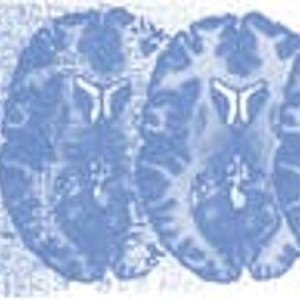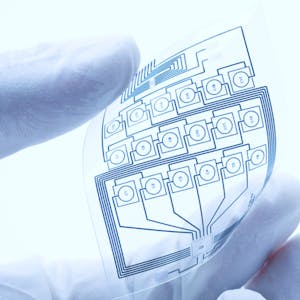Neuroscience and Neuroimaging
About this Specialization
This specialization combines the strength of 4 different neuroscience courses into a cohesive learning experience. Taught by Johns Hopkins University, it begins with fundamental neuroscience concepts for neuroimaging. Neuroimaging methods are used with increasing frequency in clinical practice and basic research. Starting with the neuroanatomy of the brain, it then moves into principles of neuroimaging, including experimental design in neuroimaging, functional connectivity MRI, diffusion tensor imaging and spectroscopy imaging.\\n\\nThe specialization then continues with two courses that focus on Functional Magnetic Resonance Imaging, one of the most widely used techniques for investigating the living, functioning human brain as people perform tasks and experience mental states, and a convergence point for multidisciplinary work.\\n\\nTo conclude, the specialization moves into implementation of neurohacking using the R programming language, with the associated packages to perform data manipulation, processing, and analysis of neuroimaging data, using publicly available structural MRI.Created by: Johns Hopkins University

Related Online Courses
Resilience Engineering and Leadership in Crisis examines the qualities and practices of leadership amid conditions of uncertainty, chaos, or catastrophic system breakdowns. Within the complex 21st... more
In this course, the learners will understand fundamental basic backgrounds of p-n junctions, diodes and MOSFETs (Metal Oxide Semiconductor Field Effect Transistors). Also, recent approaches on... more
This specialization helps to build the foundational material to use mathematics as a tool to model, understand, and interpret the world around us. This is done through studying functions, their... more
This course combines essential knowledge of utilities and waste management systems with a thorough understanding of safety protocols and environmental considerations. It gives the expertise... more
Welcome to z/Architecture Assembler Language Part 2: Machine Instructions, the second course in the three part series for the z/Architecture Assembler Language Specialization. This course teaches... more








